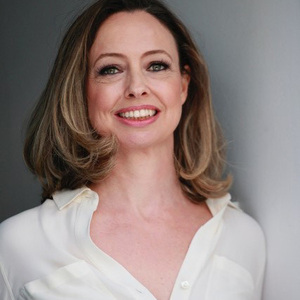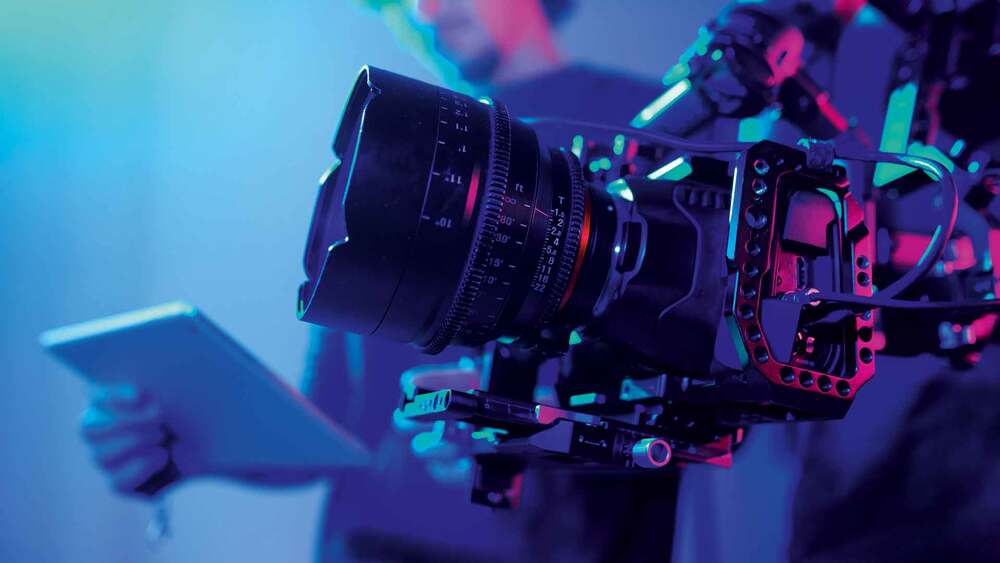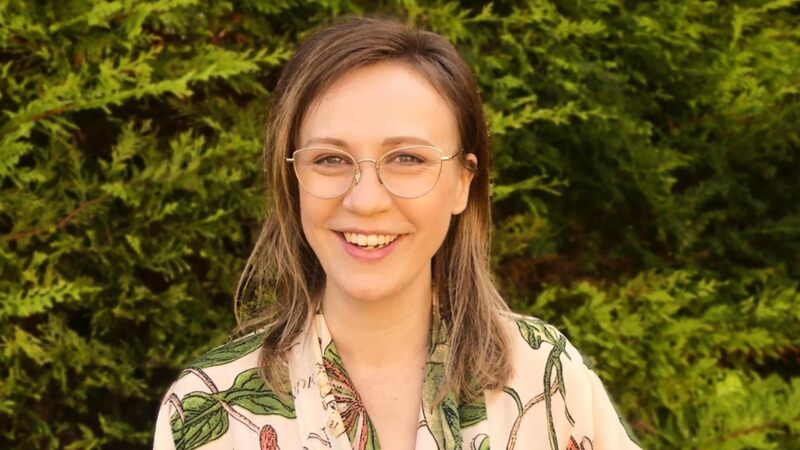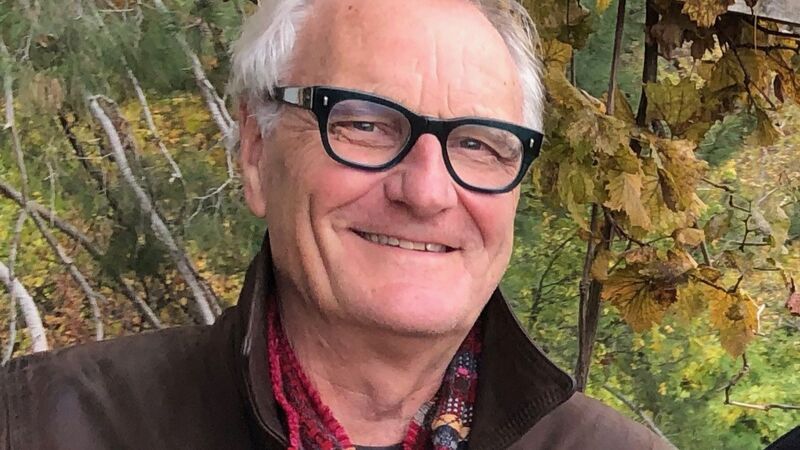You are viewing your 1 free article this month. Login to read more articles.
Screen time
How can authors improve their chances of getting adapted for film and TV?
When I read the one line pitch for J P Delaney’s novel, The Girl Before, in a book scout’s report in 2015, I was immediately riveted. A young woman moves into her dream home, an architectural masterpiece designed by an enigmatic architect, but soon that dream becomes a nightmare as she realises her fate is inextricably linked with "the girl before", a previous tenant who died within its four walls.
The book wasn’t even finished yet, but had already been the subject of a heated global auction off the back of a partial manuscript. Even off a short summary, I could sense that this modern Gothic premise, reminiscent of the Daphne du Maurier novels I’d loved as a teen, would make an incredible TV show. The concept was emotionally compelling, and the dream home offered something visually arresting that would become a character in itself, defining the lives of those who were seduced by it. It would be five long years before I’d be able to prove that my hunch was correct…
So in a world where countless books barely make a ripple on publication, or even get as far as being printed, how do you best improve your chances of getting your story to screen? And what is the process that propels certain books to the desks of producers like me? I’m uniquely placed to understand the highs and lows of this particular game – alongside my role as an executive producer of TV drama, I’m also a novelist, with two books currently under option. I’m not popping the champagne just yet – I had three of my previous six books optioned too, and none of them got made. But after more than a decade in the game, I think I at least understand the rules. And this is my attempt to share some of them.
A book like The Girl Before will be on the radar of producers as soon as that publishing auction starts. A literary agent will have submitted it to interested parties, and as it starts to garner offers, an army of book scouts will take note. They are hired by buyers (individual producers as well as bigger entertainment companies like Netflix or Warner Brothers) to sniff out hot titles and get their clients in on the action. If publishers are prepared to pay top dollar for the rights, they’ll also be invested in making sure that book’s a hit, which tells producers that they’ll likely have a hot property on their hands once the title is on shelves.
On the whole, the books that get that kind of heat early have a fiendishly clear and distinctive premise, combined with a unique authorial voice
On the whole, the books that get that kind of heat early have a fiendishly clear and distinctive premise, combined with a unique authorial voice. Having an unforgettable lead character in there will help you too – actors are also looking for material to buy and develop, hence the proliferation of star-led production companies like Reese Witherspoon’s Hello Sunshine. They’re the masterminds behind "Big Little Lies" and "The Last Thing He Told Me", but they’ve also picked up British titles like Ellery Lloyd’s bestseller The Club and Sarah Haywood’s The Cactus.
Producers like me are also thinking about what talent we can package something with, so it will make a splash with buyers when we try and sell them the show. For The Girl Before – which hit every metric – it was Hollywood actor/director Ron Howard who came knocking, along with countless others. He believed it should be a film, and whipped the rights off the table a year before publication. I took it on the chin, and continued to juggle the 15 or so projects I’ll be developing at any given time.
Books are a brutal business, so you may have an extraordinary manuscript, and still not get a sniff of interest at submission stage. Never fear: publication is your next big opportunity. As the market becomes increasingly cautious, buyers often need the comfort of knowing a book has made waves before they jump in.
Looking at the TV schedules, awash as they are with gloomy detectives in rural locations, it might seem as if writing a procedural is a no brainer. But in fact, it’s an overcrowded space. Similarly, as you watch huge fantasy series, agog, you might decide to throw in some flying dragons. But the cost of these shows is prohibitive, so the IP (intellectual property: the industry term for source material) has to be absolutely exceptional. Something that’s both grounded and unique is sometimes more likely to cut through. That certainly doesn’t mean pedestrian. It’s a golden age for European book adaptations making a global smash, with the glorious adaptation of Candice Carty-Williams’ bestseller Queenie debuting in the US and UK simultaneously earlier this year. Rashida Jones’ inventive and unique AI thriller "Sunny" recently dropped on Apple, based on the 2018 Irish novel The Dark Manual.
And The Girl Before? I doggedly tracked its progress, eventually discovering that the movie had ultimately fallen apart. I tracked down its British author, a lovely man who patiently listened to my pitch for why a TV version, coming out of the UK, was more likely to stay the course. And 18 months later, we were on set, that dream house now constructed in a cold studio in Bristol, cameras rolling for a co-production between the BBC and HBO Max in the US. We’d packaged it with Gugu Mbatha-Raw and David Oyelowo, making it irresistible, and J P Delaney himself had written the script. It’s not the only bestseller I’ve been lucky enough to get to the screen – I also oversaw the Paramount Plus adaptation of Beth O’Leary’s rom-com The Flatshare and it’s upcoming follow-up, The Road Trip, which drops later this year.
A happy ending, and one I hope to achieve for my own work. My 2022 Richard and Judy pick, Tell Me Your Lies, is being developed by a major US streamer. My latest book, Everything You Have, an "All About Eve"-style workplace thriller, is also optioned. There are no guarantees, but here’s hoping it’s fourth time lucky…



















